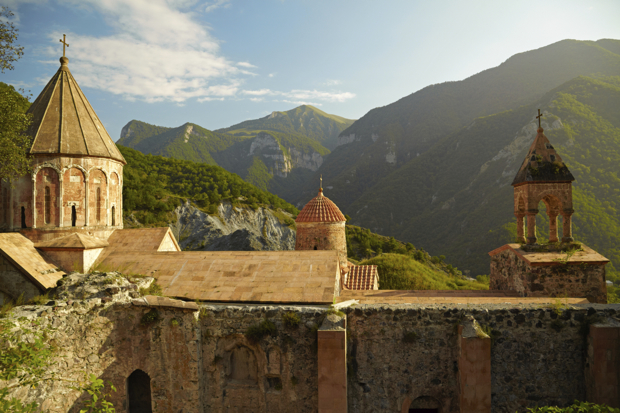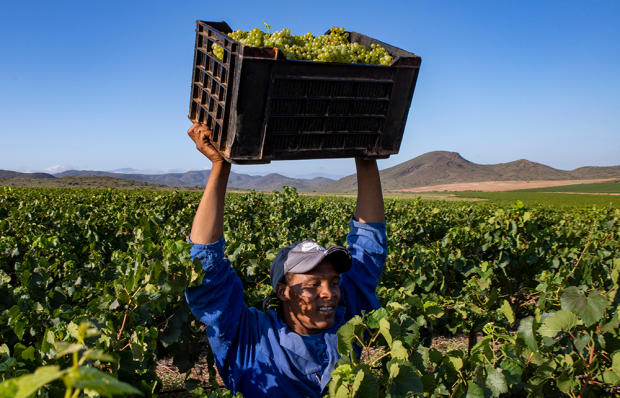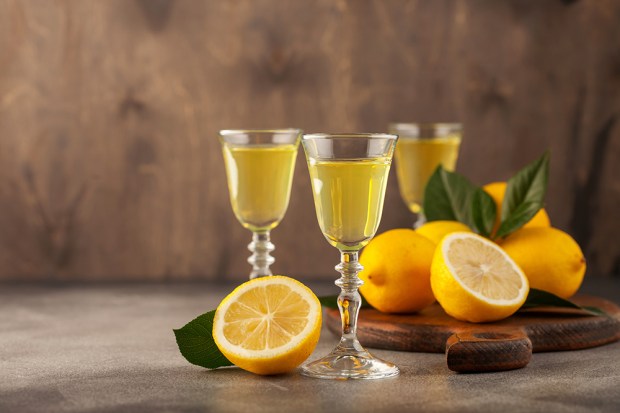It is impossible not to sympathise with Armenia. It has spent much of its history between the hammer and the anvil, trying to fend off imperial predators and usually failing. What if the Armenians had inhabited the British Isles? Apart from the savage Irish in their bogs and cabins, the main enemy would have been the French, whose malevolence could be drowned in the English Channel. With such a happy geography, Armenians would be as numerous and prosperous as we are. But neither geography nor history was benign, with one paradoxical exception. Because the Russians rescued them from the Turks, the Armenians were rarely disloyal to the Soviet Union.
Even so, their grog-makers suffered. The Soviet system drove more and more people to drink, of worse and worse quality. At the beginning of last century, Armenia’s brandy enjoyed a reputation second only to the French, but that had long ceased to be true when I first encountered it. I associate Armenian brandy with toasts and speech-making: endless toasts, in which the spirit was supposed to go straight down the gullet. It would have been effeminate to stop and savour. In those days — a few years ago — it would not have been worth savouring, and its anaesthetic properties made the speeches less unpalatable.
For some of the time, we were in Nagorno-Karabakh. Wholly surrounded by Azerbaijan but entirely populated by Armenians, it is disputed territory. There has been one war already, in the early 1990s. It will be surprising if there is no further conflict in the course of this century. Every building seemed to have shell scars. Most of the people we spoke to had lost close relatives.
Tragedy was never far away, even if the stage seemed set for comedy. We were visiting a school. Some of its buildings were less a case of holes in the roof than roof in the holes. Then Granny appeared. Sackcloth held together by bailer twine, she was dressed like a beater at a shoot in an especially remote and incest-prone part of Dorset. Not that there was anything enfeebled about her. The Platonic idea of a battling granny, she looked as if she had climbed out of a Giles cartoon.
She had a stick, obviously a dual-purpose instrument. She pointed it vigorously as she gave the children a talking to. The gist was that if they weren’t grateful to their teachers, they would get what for. She must have been useful to the headmaster: ‘One more squeak out of you, Youkoum-ian, and I’ll send for Granny.’ She produced some spectacularly awful wine. In the comedy, it would have been poured into a potted plant, which would have expire dramatically. We then heard her story, and the comedy ended. The old Soviet system was good at technical education. Her two sons both benefited. The first became a doctor; the second, an engineer. Both fell in the fighting for Nagorno-Karabakh.
Suddenly, there was no longer any laughter to conceal. All eyes were scenting onions. Absurdity had been transmuted into grandeur. She had not been going through a stage-ogre routine with the children. She was helping to train them to follow in heroic footsteps.
I was reminded of all that at the weekend. A friend who had been in Armenia brought back some brandy. He had been told — a frequent claim — that it was Churchill’s favourite strong water. Although it was better than the stuff I drank during the interminable toasts, we agreed that this was unlikely and that there was no need for Hine, Martel et al to be nervous about market share. Even so, post-communist distilling techniques have led to improvements, and there is more to come. It is good enough to flambé a Christmas pudding, and to toast Granny’s memory, which I did — and then explained why.
Got something to add? Join the discussion and comment below.
Get 10 issues for just $10
Subscribe to The Spectator Australia today for the next 10 magazine issues, plus full online access, for just $10.
You might disagree with half of it, but you’ll enjoy reading all of it. Try your first month for free, then just $2 a week for the remainder of your first year.















Comments
Don't miss out
Join the conversation with other Spectator Australia readers. Subscribe to leave a comment.
SUBSCRIBEAlready a subscriber? Log in